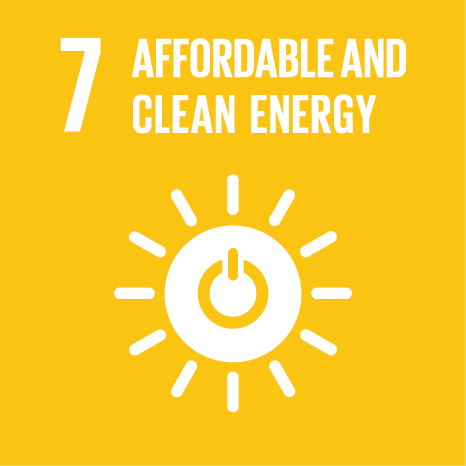Ciência_Iscte
Publications
Publication Detailed Description
Journal Title
Environment and Development Economics
Year (definitive publication)
2020
Language
English
Country
United Kingdom
More Information
Web of Science®
Scopus
Google Scholar
This publication is not indexed in Overton
Abstract
Reliance of modern economic activities on the use of energy, most of which still comes from non-renewable sources, provokes concerns regarding the most efficient utilization of energy inputs in production. While most theory expects directed technological change to be biased towards the non-renewable input, there is rare macro-level evidence that technological change is actually biased towards energy rather than other main inputs. To fill this gap, we apply stochastic frontier analysis to country data regarding output produced with capital, labor and energy, and estimate a set of indicators for technological change.Findings show that technological change is biased the most towards energy in general. In particular, although different groups of countries exhibit various patterns, there is strong evidence that technological change favors energy more than labor.This is in line with the theoretical expectation that technological change ought to be biased towards the non-renewable input rather than the renewable ones.
Acknowledgements
--
Keywords
Directed technological change,Economic growth,Energy,Stochastic frontier analysis
Fields of Science and Technology Classification
- Economics and Business - Social Sciences
Funding Records
| Funding Reference | Funding Entity |
|---|---|
| UID/GES/00315/2019 | Fundação para a Ciência e a Tecnologia |
Contributions to the Sustainable Development Goals of the United Nations
With the objective to increase the research activity directed towards the achievement of the United Nations 2030 Sustainable Development Goals, the possibility of associating scientific publications with the Sustainable Development Goals is now available in Ciência_Iscte. These are the Sustainable Development Goals identified by the author(s) for this publication. For more detailed information on the Sustainable Development Goals, click here.

 Português
Português




